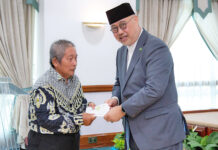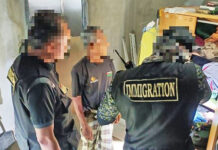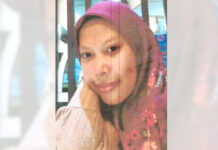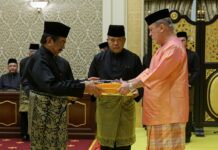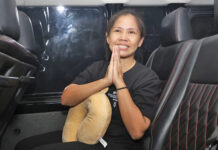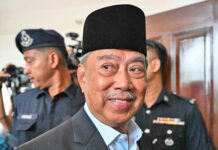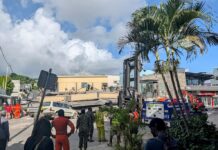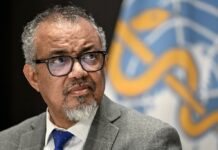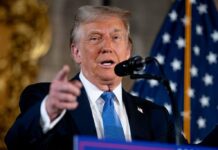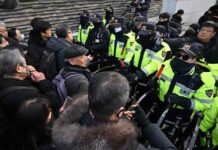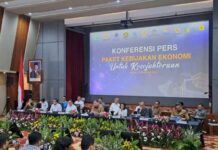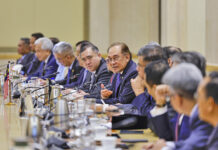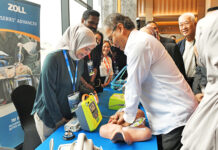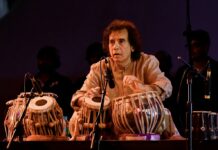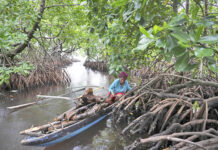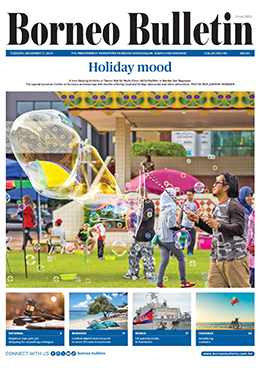ABUJA (AFP) – Nigeria’s ruling party held its national convention on Saturday to choose a new chairman and overcome infighting before picking a candidate to replace President Muhammadu Buhari in the 2023 election.
Thousands of delegates and supporters packed into a main square in the capital Abuja, where the All Progressive Congress (APC) will look to end internal bickering that Buhari warned could destroy party unity and its success in the vote.
Political manoeuvering is heating up to replace Buhari as leader of Africa’s most populous nation but the race remains open with several heavyweights in the running.
APC party leaders and delegates will select a new chairman and other posts in a final stage before primaries later this year for a presidential candidate.
Buhari, a former army commander who steps down after two terms, spent weeks talking to the party’s state governors and senior members to try to reach a consensus on leadership before Saturday’s assembly. Formed in an alliance of several parties in 2013, the APC managed to win in 2015 over the long-ruling People’s Democratic Party (PDP), which at the time was struggling with its own internal splits.

Buhari steps down touting successes in infrastructure and transport projects across the country.
But Nigeria is still battling extremists in its northeast and its northwest region has been hit hard by criminal gangs behind a spate of attacks and mass kidnappings.
Africa’s largest economy and top petroleum producer is recovering from the coronavirus pandemic, but recent fuel and electricity shortages have underlined cost-of-living woes for Nigerians. How the APC manages unity in its convention will determine whether it will struggle with further splits and high-profile defections before primaries and 2023, analysts said.
Under an unwritten agreement among elites, Nigeria’s presidency is expected to rotate between a candidate from the mostly Muslim north and the predominantly Christian south.
The deal is aimed at keeping balance in country with more than 250 ethnic groups and where intercommunal tensions often flare up.


